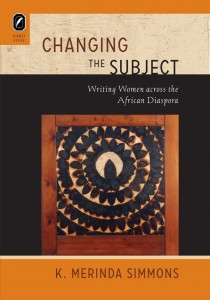 “Celebrating” my birthday a few days ago brought to mind the ways that we mark the passage of time are socially constructed, and thus could be constructed differently. Yet, being socially constructed does not negate having significant consequences. While the movement of the earth around the sun is a reasonable measure for marking time, it is not the only measure that people use.
“Celebrating” my birthday a few days ago brought to mind the ways that we mark the passage of time are socially constructed, and thus could be constructed differently. Yet, being socially constructed does not negate having significant consequences. While the movement of the earth around the sun is a reasonable measure for marking time, it is not the only measure that people use.
I have written before about ways our system of dating and designation of each new year is arbitrary yet consequential. But, turning 49 brings such consequences (practical, social, emotional, etc.) home in a different way. n addition to being old enough to join AARP (and maybe get some senior discounts), next year should be my first colonoscopy based on health care recommendations, not to mention the emotional significance of being a half century old. But things could be different, as all of that, the statistics leading to health care recommendations and the counting of birthdays, are not automatic, even if we take them for granted.
I could already be 50, as my birthday marked the start of my 50th year (as well as the completion of my 49th). Both of those designations are based on our system of counting using base 10. If we switch to base 12, I become 41 (or starting my 42nd year). Even better, I can be 31 using base 16. Of course, it can go the other way, too. Using base 8, I am 61, or 110,001 using base 2—but maybe we should just forget that one…
But if what gives me pause at 49 is the pending shift to my 50s (and the various consequences of that), I could simply avoid that emotional trap by simply being more rational (I shouldn’t hold my breath for that) or by switching from one base to another. So for now, I declare that I am 41, and in 11 more times around the sun when I approach 50 in base 12, I will just jump to base 16. Now that sounds like the fountain of youth.
Photo credit: Selena N. B. H. “Birthday candles” via Flickr (CC-BY-2.0)


